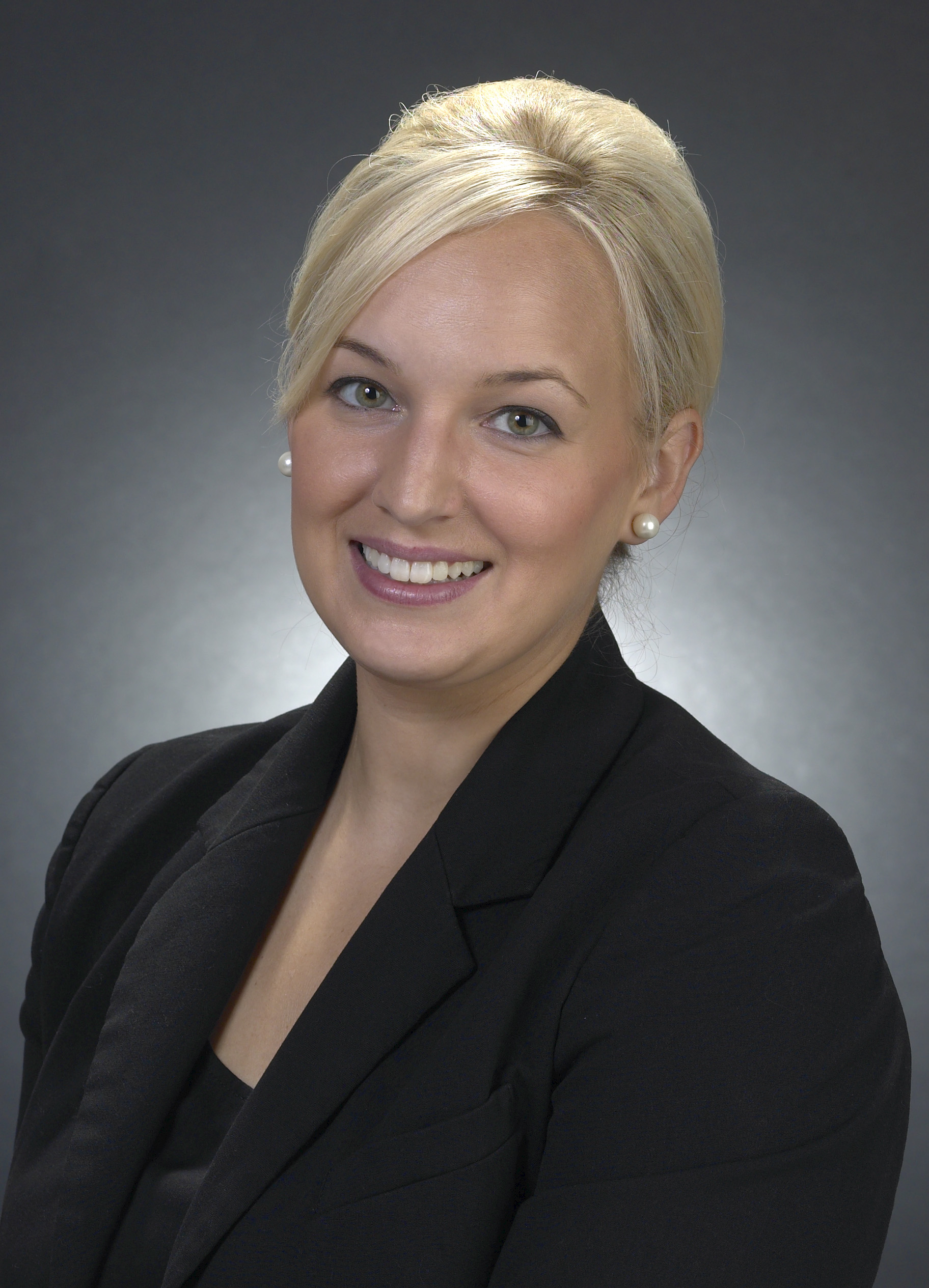From floors to countertops and upholstery, all surfaces, must be maintained to establish a safe and clean spa space. Regardless of the type of facility or department, spa clients and staff alike always expect to be in a completely sanitary environment. In years past, cleaning of the spa has typically been reserved as a behind closed doors procedure.
{mprestriction ids="3,4,26,18,6,7,8,9,14,18"}
With the onset of the COVID-19 pandemic and the turning of the times, clients now want to observe cleaning procedures happening right before their eyes to feel their health is protected, while visiting and receiving treatments. However, with more strict procedures now in place and a variety of cleaning agents being used on a daily basis, many concerns arise for spa owners, as well as those working in the industry.Are those cleaning products safe for clients and entire the staff? How can one know? Are there any ingredients that could possibly pose a toxicity risk?
TOXIC INGREDIENTS
It is essential to understand the differences between toxic and non-toxic cleaning products. Toxic products are simply deemed unsafe to use around clients, employees, or even the cleaning staff, as they often contain hazardous chemicals that may harm the skin, eyes, throat, lungs, nervous system, or more. Examples of toxic ingredients in common cleaners would be phthalates, triclosan, 2-butoxyethanol, or ammonia, to name a few.
Phthalates are believed to disrupt hormones and are often found in air fresheners, toilet paper, scented soaps, and cleaning products. Triclosan, known as an antiseptic ingredient, is thought to be a possibly carcinogenic agent that is also capable of promoting drug-resistant bacteria, and polluting planet Earth’s water sources. A highly toxic ether,2-butoxyethanol is dangerous to the human body when its fumes are inhaled. Unbeknownst to most, it is often found in window and multipurpose cleaners, and the law does not require manufacturers to list it on the product’s labelling. Ethers can lead to edema, pulmonary issues, and liver or kidney damage. Additionally, ammonia is also commonlyfound in glass cleaners and polishing agents for bathrooms; it can severely affect those with asthma or breathing issues and lead to health concerns, such as chronic bronchitis or sore throats. Ammonia can be extremely dangerous and even lethal if mixed with bleach, so attention must be paid when using products containing either ingredient. These are just a few examples of a long list of ingredients that can cause serious health risks, such as lung damage, the release of toxic formaldehyde or carcinogens, chemical skin burns, and more.
READING LABELS
In addition to reading ingredient labels, get educated on reading chemical labels. Most products show hazard symbols that can indicate if a product is harmful and in which way. Toxic cleaning products labels include a toxic symbol and state if the productcontains gas under pressure; is flammable or explosive, may increase the risk of a fire, can cause skin or eye irritation, and is harmful to the environment. More hazardous products can even indicate a chemical label identifying the product as one causing long-term health hazards or severe skin or eye damage.
NON-TOXIC INGREDIENTS
Considering the overwhelming amount of harmful side effects with common toxic cleaners, most spa facilities are turning to natural, non-toxic cleaners as their go to choice. With wellness awareness on the rise, this decision comes as no surprise. Non-toxic products are deemed safe, natural, not tested on animals, do not contain any of the above referenced toxic ingredients, and most likely have no artificial colors or fragrances. Non-toxic agents can be as powerful at thoroughly cleaning as their ubiquitous toxic counterparts, while being healthier and more environmentally friendly. For safety, when searching for non-toxic cleaners, look for proven effective ingredients such as white vinegar, parsley, castile soap, natural sea salt, lemon, borax, hydrogen peroxide, or alcohol. These alternatives should put your mind at ease.However, use common sense when choosing from these options.
Be sure to keep cleaners in their original containers or transfer instruction labels to the new containers, if necessary. Follow manufacturers guidelines precisely and let the natural cleaning solutions sit long enough to be accurately effective. Be sure all containers can safely store the product, and keep away from children, food, or food preparation items. Check expiration dates regularly, follow discarding advice on the label, and recycle the cleaning product container, if applicable. Do research and conclude with products which are safe for yourself, clients, and the spa team. Yours and everybody’s healthy will thank you.
{/mprestriction}

Melissa Morris has been a licensed skin care specialist since 2004. During her illustrious career, she has worked with some of the nation’s most renowned physicians, plastic surgeons, dermatologic surgeons, wellness experts, nutritionists, aestheticians, and trainers in the industry. Morris’ vast experience has gained her recognition as an industry leader and innovator in the management of medical and holistic wellness facilities and spas, protocol development, basic and advanced educational program implementation, and oversight. She has also developed and enhanced technical skills curriculum for the clinical, spa, medical spa, and wellness industries. She is an accomplished contributor and advisor to numerous professional publications including, DERMASCOPE Magazine. Currently, Morris serves as a Director of Education for the East Coast of the US for Pevonia and Medicalia International, LLC. She works directly under the supervision of world-renowned, industry leader, and bio-chemist, Sylvie Hennessey. In her role, Morris travels extensively, both domestically and internationally, sharing her extensive knowledge and passion for the spa and wellness industry, while promoting her mission of skin health and results-oriented skin care to a wide array of industry professionals.